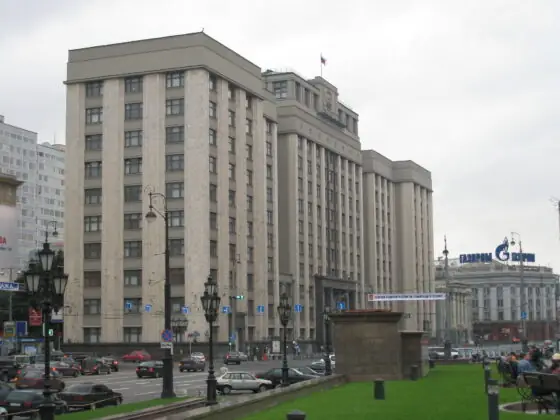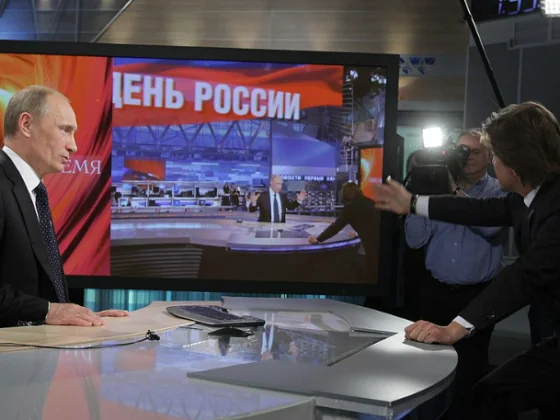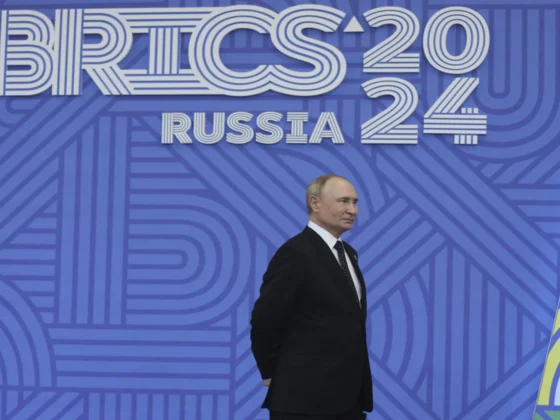A decade ago, the politically entrepreneurial vanguard of Moscow's ruling elite–the so-called reformers–came to power under a slogan that was attractive by virture of its simplicity: transforming Russia into a "normal country." "Normal" meant a Western-oriented market democracy with higher living standards than existed under the Soviet Union. Since then, Russia has survived multiple crises and the transition to another presidency, but the record of advancement toward the conventional standard of normalcy has been mixed, even according to the most favorable accounts. For the overwhelming majority of Russians and most of the country's industries, the costs of transition to normalcy still clearly outweigh the benefits from economic, political, cultural, and psychological viewpoints. Under these circumstances, external certification of Russia as normal country by Western partners has become a cornerstone of the system's legitimacy given that such certification from the majority of Russians themselves has not been forthcoming. Critics point to the inherent elasticity of criteria for such recognition that is ultimately seen as politically motivated. […]
Memo #:
257
Series:
1
PDF:
PDF URL:
http://www.gwu.edu/~ieresgwu/assets/docs/ponars/pm_0257.pdf
Author [Non-member]:
Dmitri Glinski








